Diverse programs for ages: 18 months to 12 years
Montessori education is composed of five key areas, practical life, language, math, sensorial and cultural studies. Our teachers function as guides rather than instructors, providing tools and encouragement, while also allowing space for children to learn independently at their own pace.
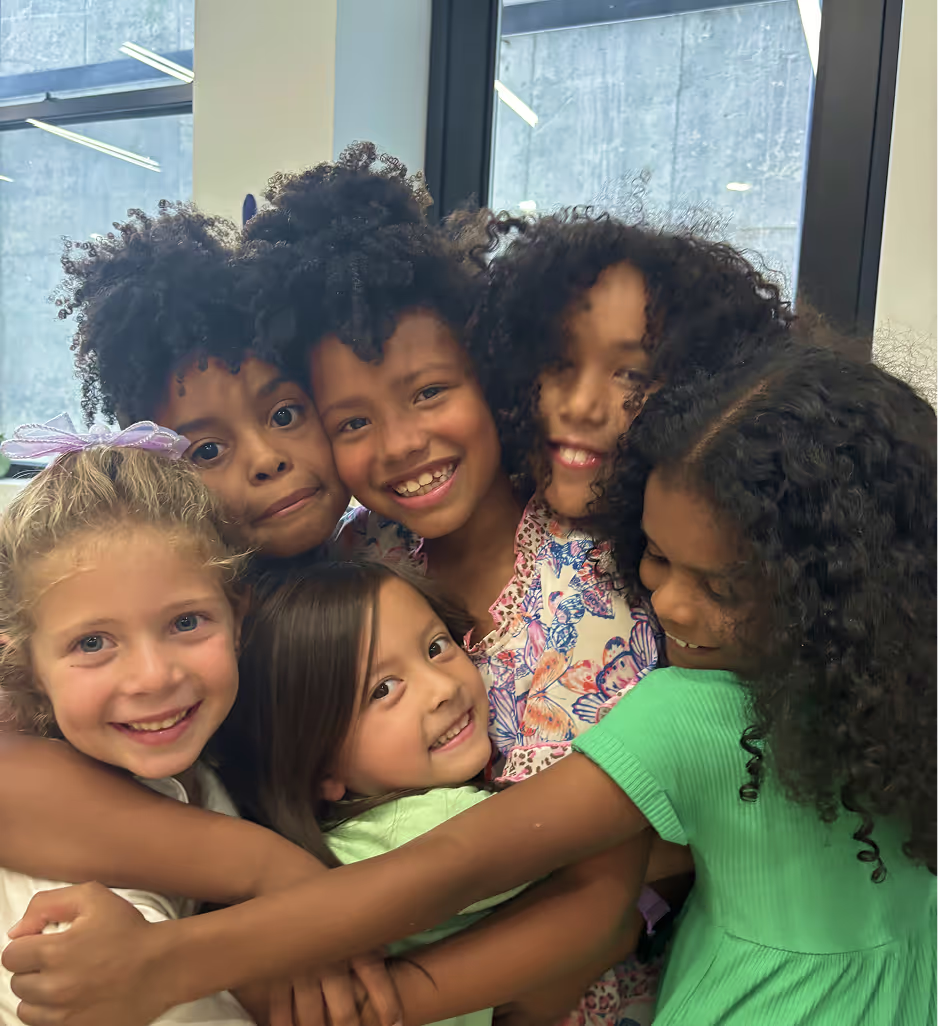
Inside the Montessori journeyWhere curiosity leads and learning begins
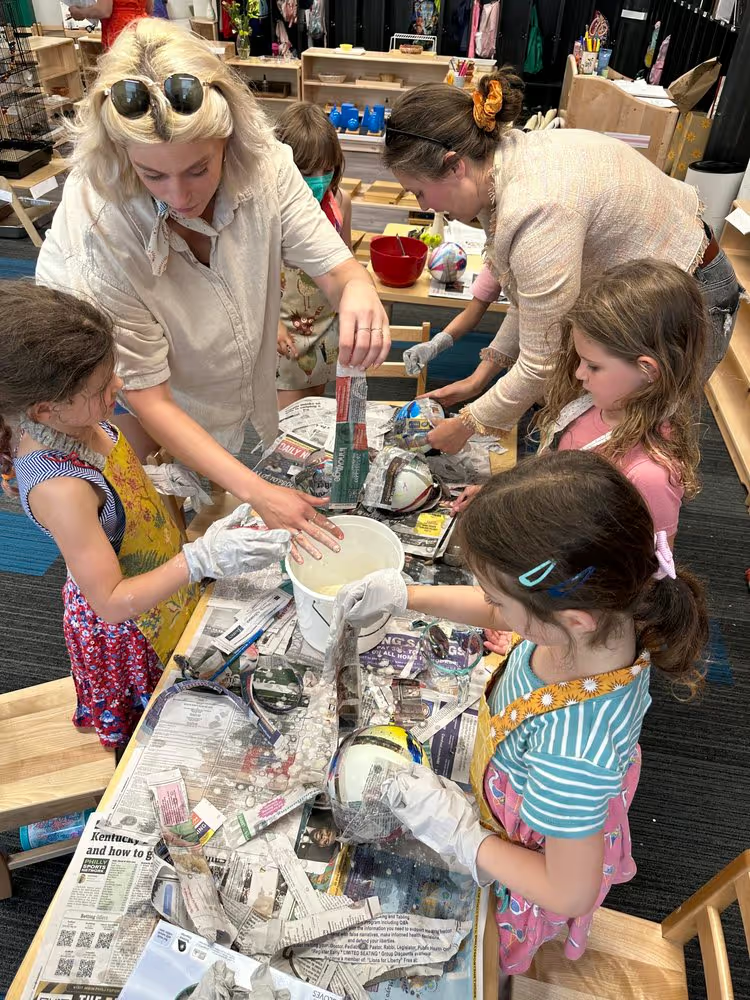
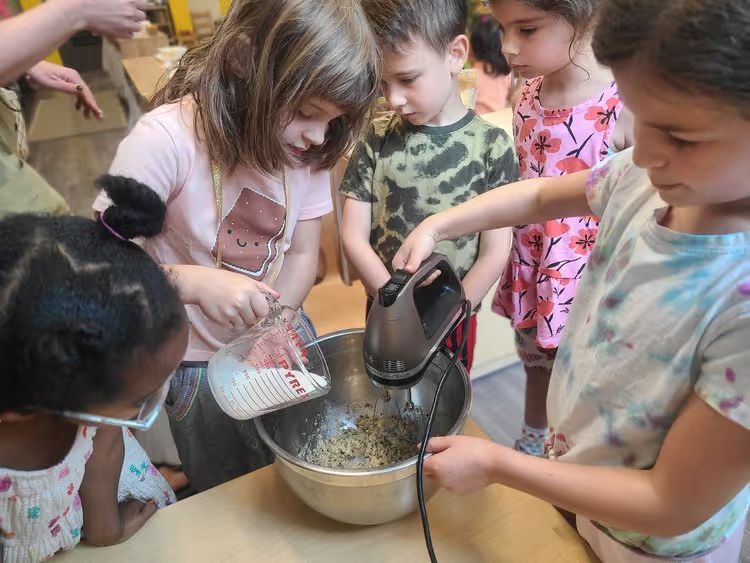
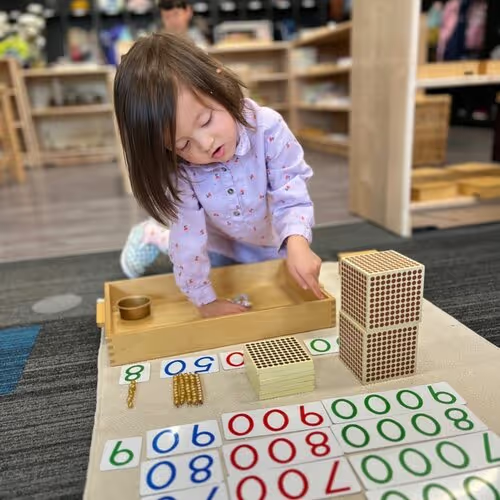
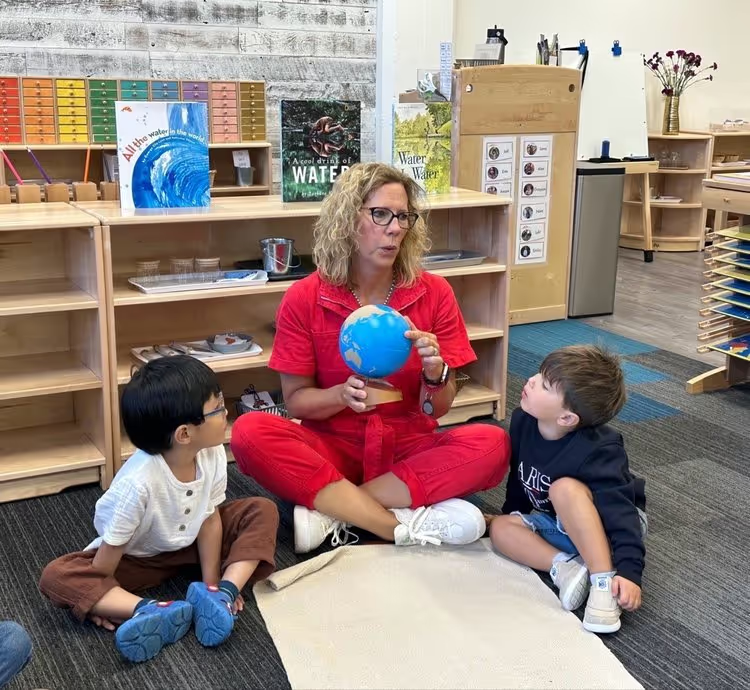








Building healthy habits right at school
From Toddler through Elementary
Toddler Program
- Toddlers explore safely designed spaces that support their drive to do things “all by myself.”
- Daily songs, stories, and conversation help your child build vocabulary and social confidence.
- Teachers guide gently through consistent rhythms that foster trust, focus, and self-regulation.

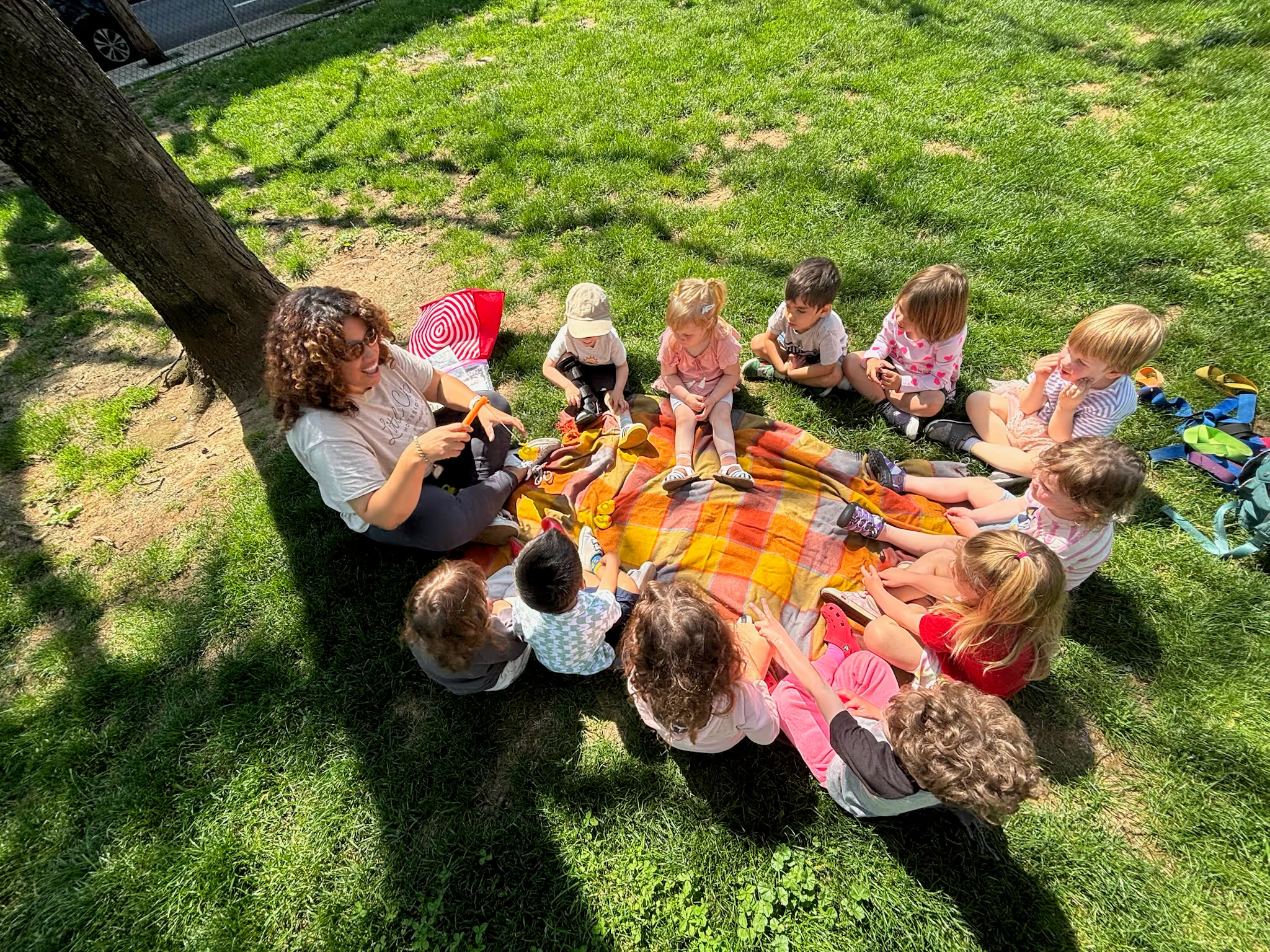
Primary Program
- Montessori materials invite hands-on learning and deep concentration.
- Early academics are introduced through play, pattern, and exploration.
- Lessons in kindness and respect create a peaceful, caring community.
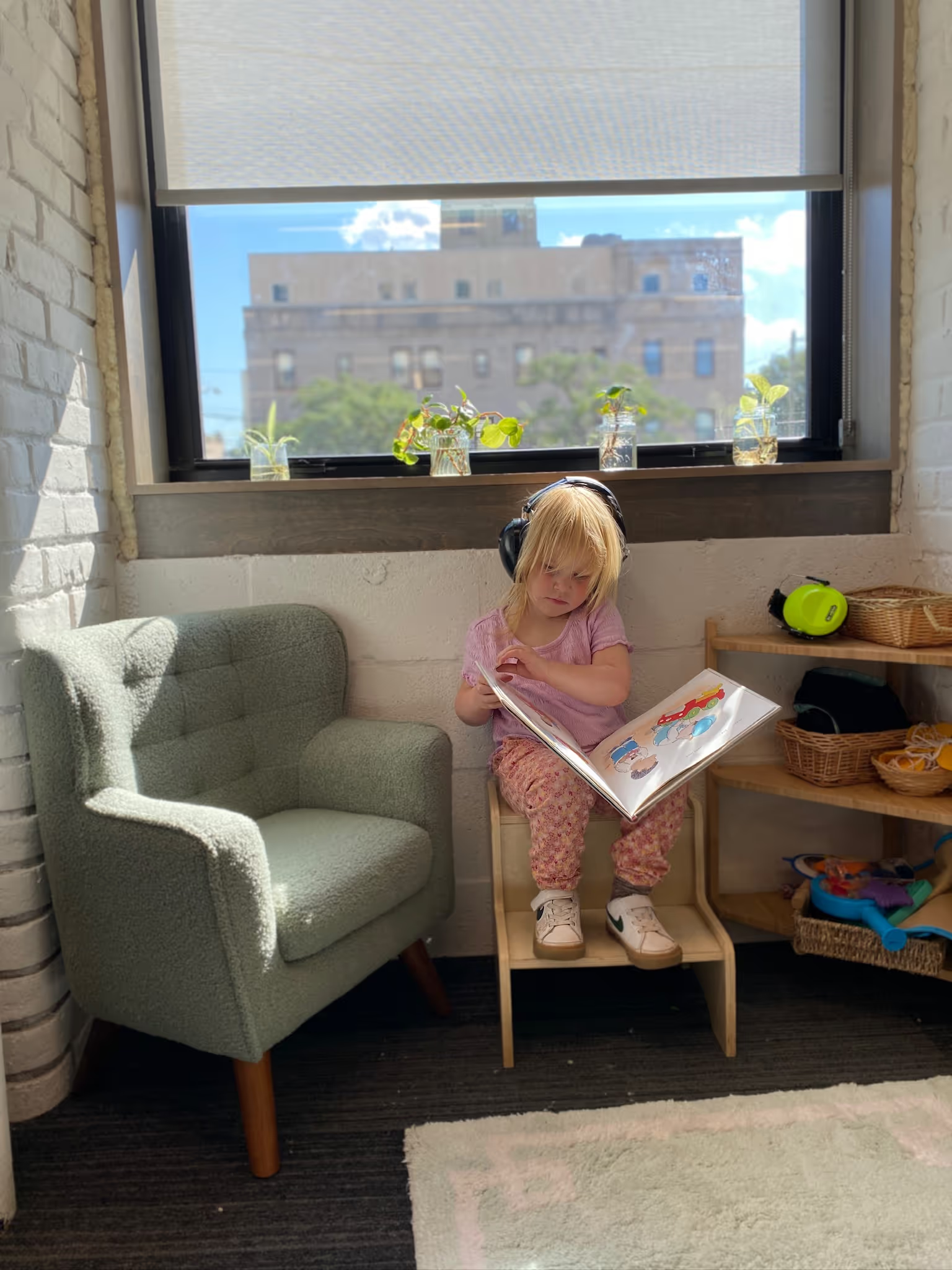
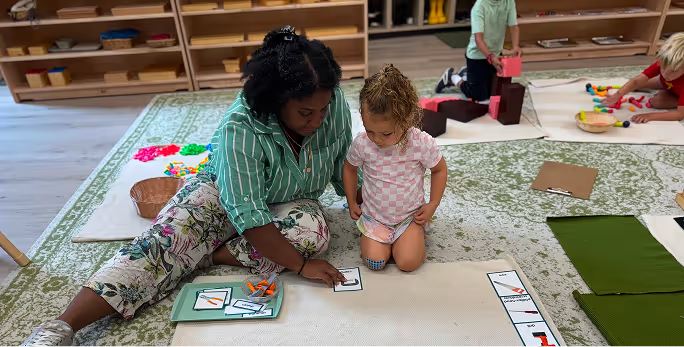
Lower Elementary
- Big-picture stories spark wonder across science, history, and geography.
- Group research builds curiosity, confidence, and creativity.
- Students link classroom learning to meaningful, hands-on experiences.
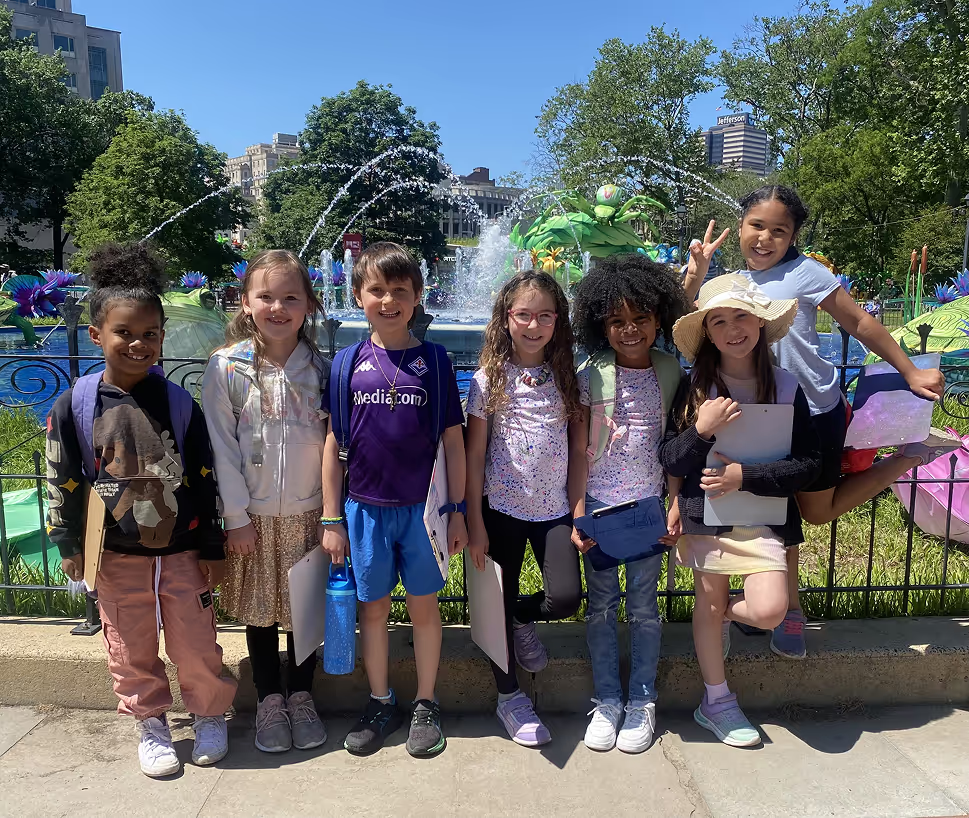

Upper Elementary
- Students research, experiment, and present their own work with pride.
- Advanced math, writing, and science nurture problem-solving and insight.
- Older students mentor peers and lead with empathy and purpose.
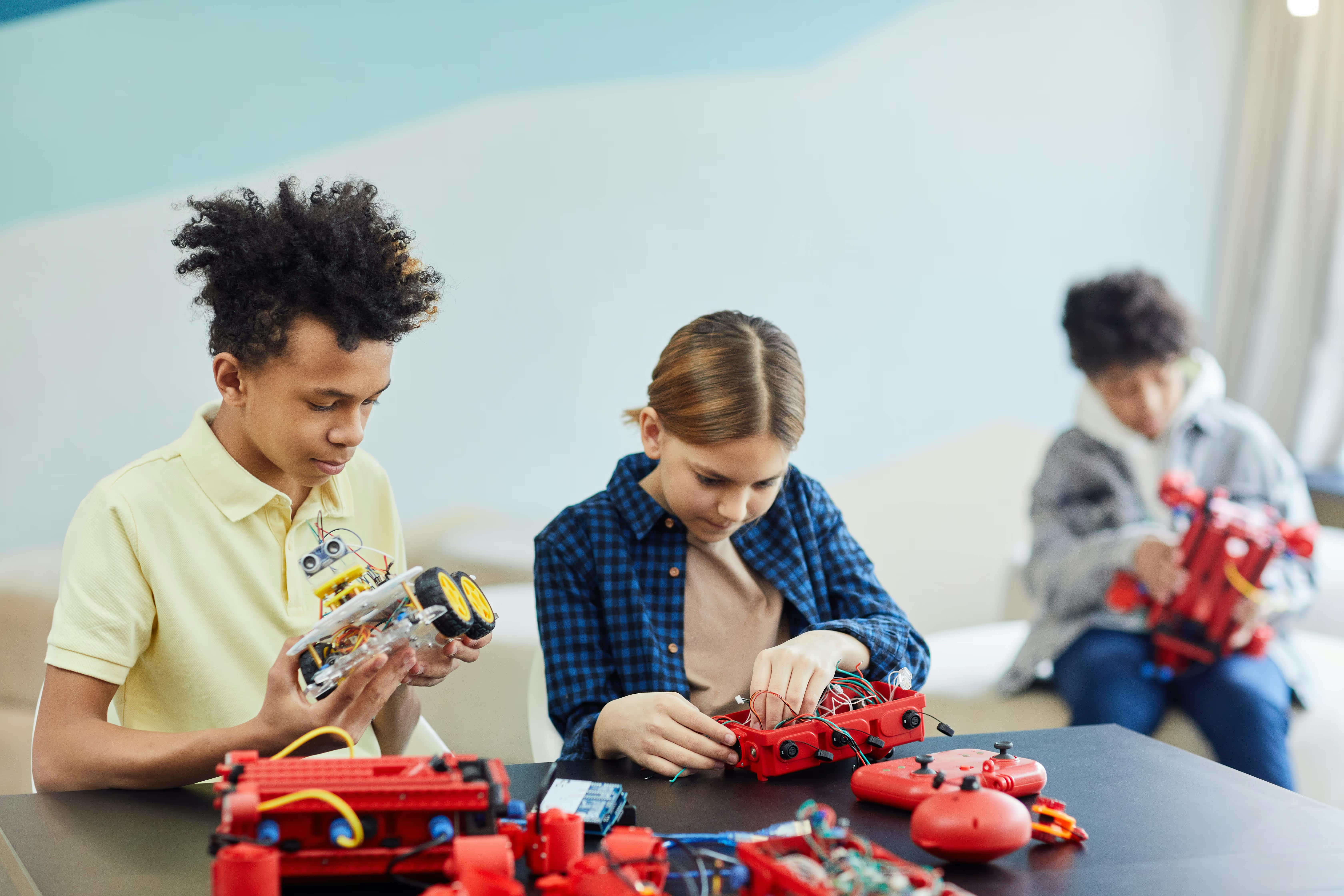

A Look Inside our Montessori Classrooms
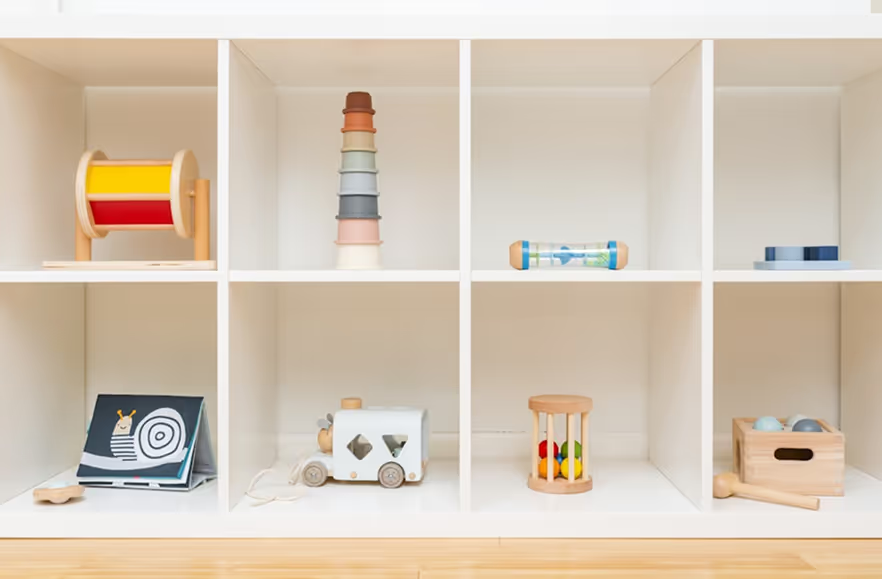
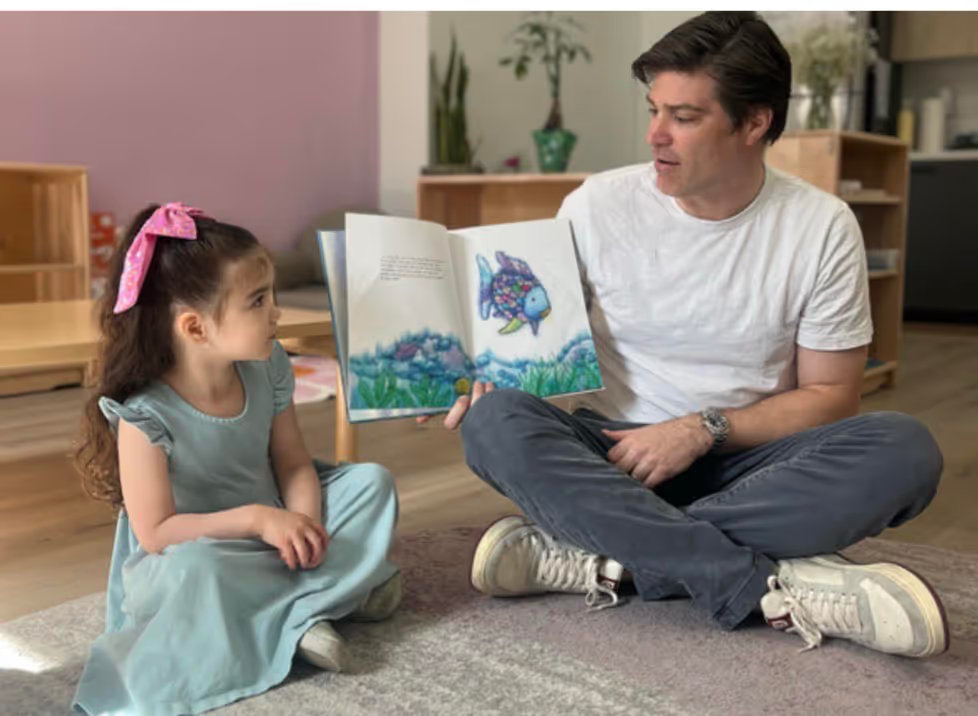

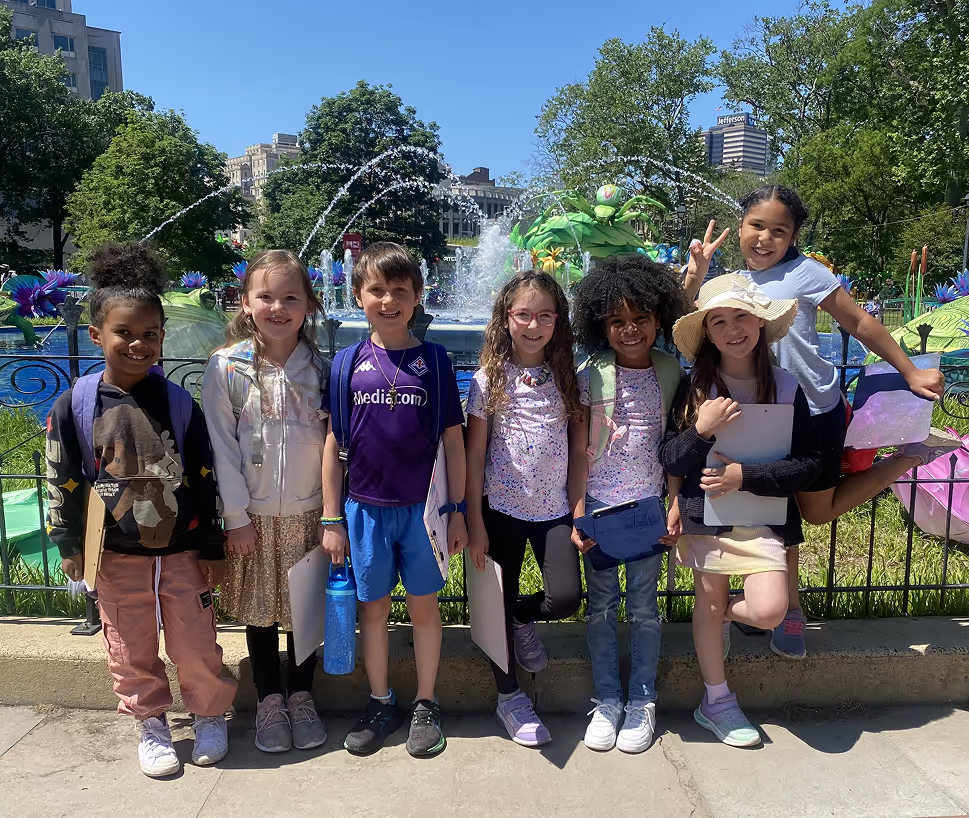
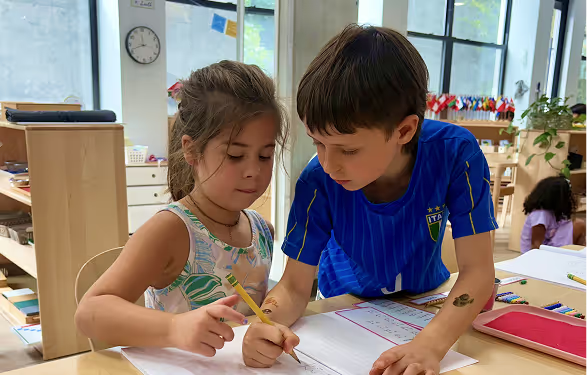
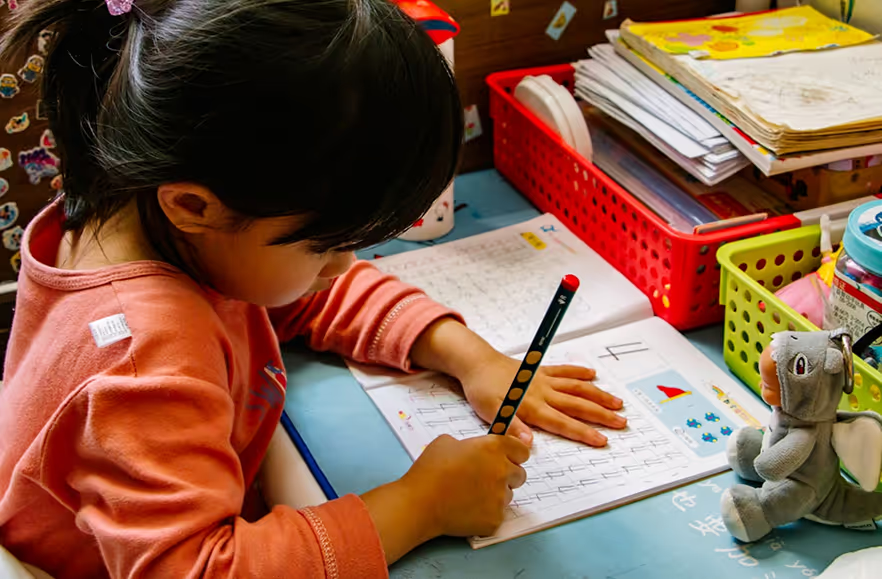

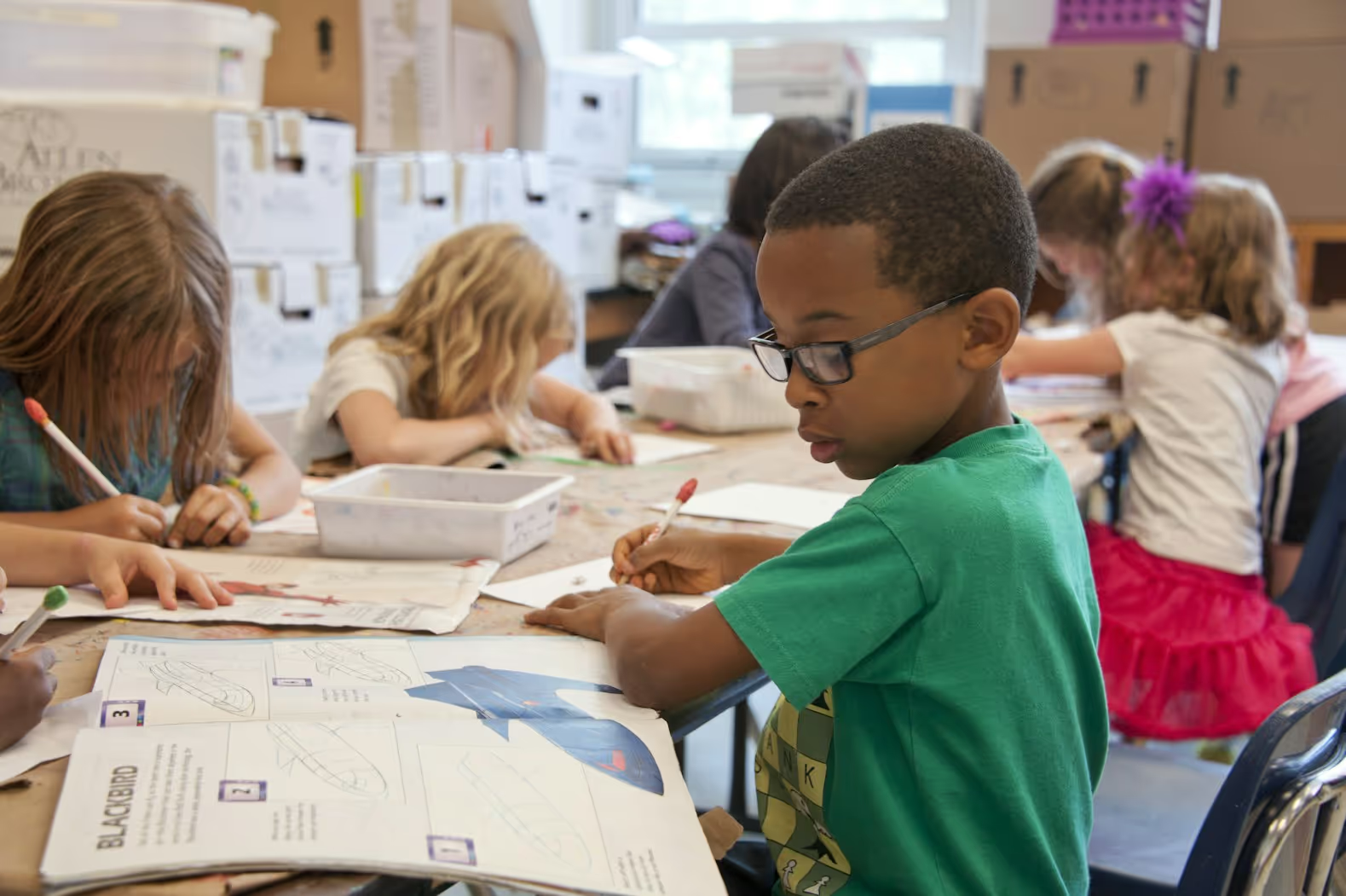
Learning is about asking questions.
Music, dance, art, foreign language, gymnastics, tennis, theatre, chess and more. It is all included in the tuition.
In addition to the school day schedule below, LCM also offers extended care from 7:30am to 5:15pm.
- 8:20am Arrival
- 8:40am Morning circle
- 9:00am Montessori work cycle
- 10:30am Outdoor time
- 11:30am Extracurriculars
- Noon Lunch
- 12:45pm Nap
- 3:00pm Dismissal
In addition to the school day schedule below, LCM also offers extended care from 7:30am to 5:15pm.
- 8:20am Arrival
- 8:40am Morning circle
- 9:00am Montessori work cycle (includes lunch)
- 12:30pm Gross motor development (outdoor time & extracurriculars)
- 3:00pm Dismissal
Homework is assigned at times to support deeper, independent learning rather than memorization or busy work. Homework focuses on meaningful tasks tied to classroom topics, such as research projects from Great Lessons.
Montessori’s individualized approach supports all students. Teachers have the flexibility to tailor lessons to each child’s pace, offering challenging extensions as well as additional support.
Montessori upper elementary assesses progress through detailed teacher observations, student portfolios, and self-assessments, avoiding traditional grades. Narrative reports highlight mastery in subjects, abstract thinking, and research skills inspired by Great Lessons, fostering intrinsic motivation. At times we will employ standardized testing based on state requirements.
Students start exclusively at the beginning of the academic year to ensure quality and continuity. The program is designed so they will benefit from being with the same teachers and classmates all year long.
